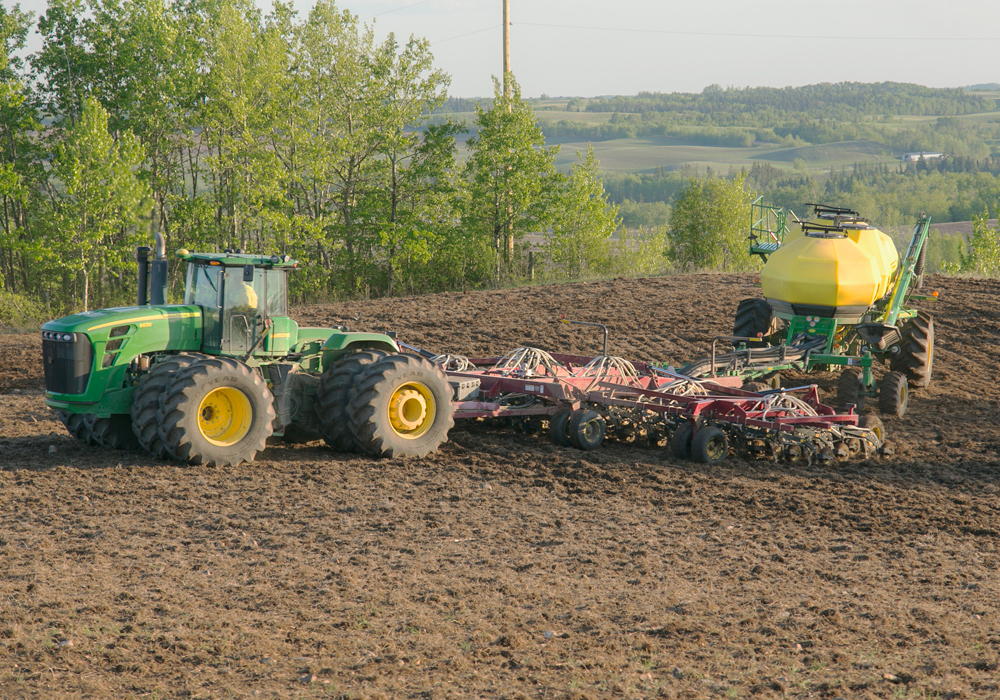A Regina company that sells carbon credits on the Chicago Climate Exchange on behalf of farmers is distributing cheques worth $5 million.
That will include payments to 2,134 producers with contracts for the 2003-06 period and 1,500 producers with contracts covering 2006 and 2007.
It works out to an average payment of $1,375 per producer.
Most of the payments will go to producers in Saskatchewan, who account for most of the contracts.
It represents the third payment by C-Green to producers. Two previous payments also covered the 2003-06 contract period.
Read Also

Final crop reports show strong yields, quality
Crops yielded above average across the Prairies this year, and quality is generally average to above-average.
“Things are going well,” said Jeff Gross of C-Green.
He said the company has sold $30 million worth of no till-credits to buyers from around the world, including Hong Kong and New York City.
Under C-Green’s business plan, the company acts as a broker to sell carbon credits from minimum-tilled land, based on crop insurance reports. The credits are sold to companies that cannot meet their carbon dioxide reduction requirements.
C-Green pools the returns from sales and divides the proceeds equally among its clients.
Carbon dioxide contracts for 2010 are worth 10 cents per tonne on the CCX. Prices have been $2 to $4 a tonne for the past few years and reached $7 in mid-2006. However, they have been on a steady decline since the beginning of 2009.
Carbon sequestration rates are calculated at 0.4 tonnes per acre per year for black and grey soil zones and 0.2 tonnes per acre per year for brown and dark brown.
Gross said C-Green has 5.5 million acres contracted with another three million in the process of being verified.
“No one in North America has anywhere near the contracted acreage we do,” he said. “We’re probably 10 times larger than anybody else.”
The key to the future of carbon trading is to develop a legislated mandatory market, he added.














